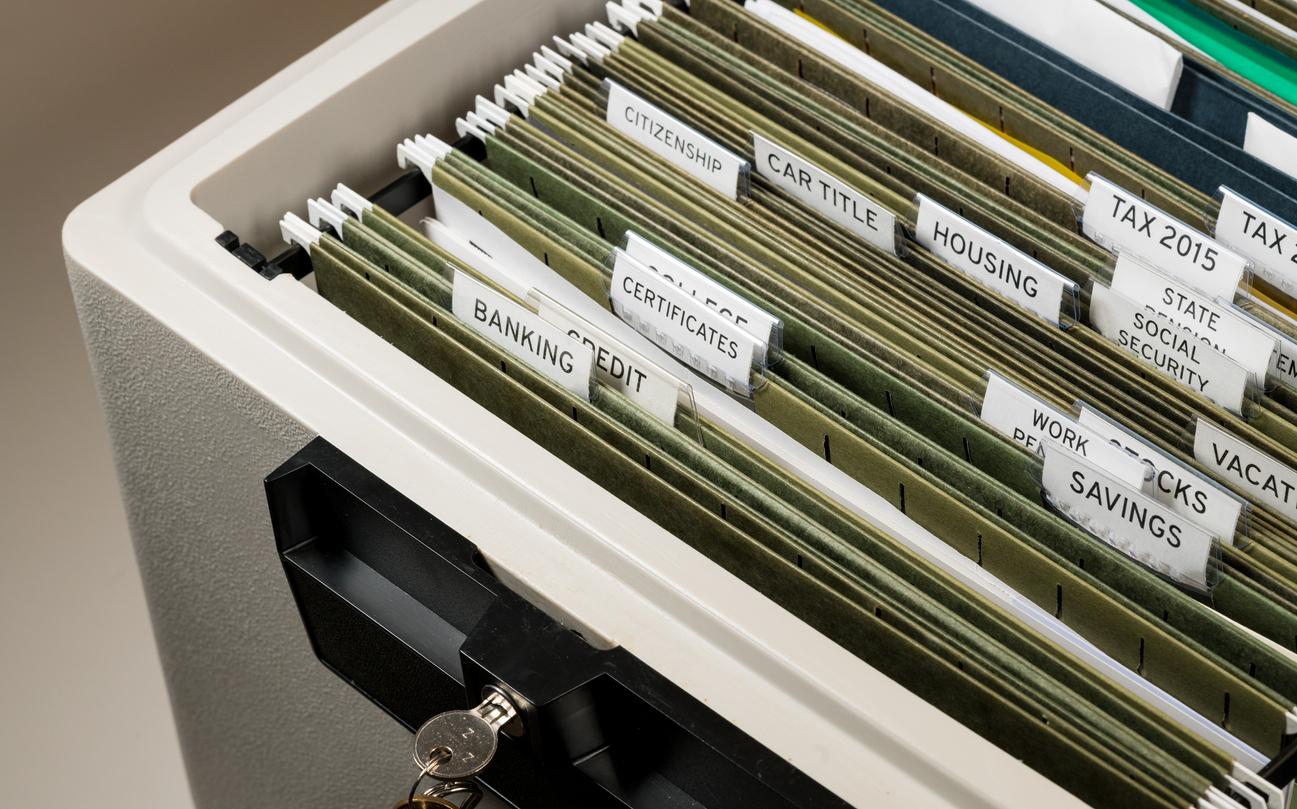Dear Savvy Senior,
I would like to get my personal, legal and financial information organized so that my children will know what’s going on when I’m no longer around. Can you offer any tips on the best way to do this?
Unorganized Emma
Dear Emma,
Organizing your important papers and getting your personal and financial affairs in order is a smart idea and wonderful gift to your loved ones. Here are some tips to get you started.
Get Organized
The first step is to gather all your important personal, financial and legal information and arrange it in an organized format. Then you’ll need to sit down and create various lists of important information and instructions of how you want certain things handled when you die or if you become incapacitated. Here’s a checklist of areas you need to focus on.
PERSONAL INFORMATION
• Contacts: Make a master list of names and phone numbers of close friends, doctors, and professional advisers such as your lawyer, accountant, broker and insurance agent.
• Medical information: Include a list of medications you take, along with any allergies and illnesses.
• Personal documents: Include such items as your birth certificate, Social Security card, marriage license, military discharge papers, etc.
• Secured places: List all the places you keep under lock and key such as safe deposit boxes, safe combination, security alarms, etc.
• Digital assets: Make a list of all your digital assets, including everything from social media accounts to online banking accounts to home utilities that you manage online. It should include usernames and passwords. Use Rutgers Digital Assets Inventory Worksheet (njaes.rutgers.edu/money/pdfs/digital-assets-worksheet.pdf) as a guide.
• Pets: If you have a pet, give instructions for the care of the animal.
• End of life: Indicate your wishes for organ and tissue donation and write out your funeral instructions. If you’ve made arrangements with a funeral home, include a copy of agreement, their contact information and whether you’ve prepaid or not.
LEGAL DOCUMENTS
• Will, trust and estate plan: Include the original copy of your will and other estate planning documents you’ve made.
• Financial power of attorney: This document names someone you trust to handle money matters if you’re incapacitated.
• Advance health care directives: This includes a living will and medical power of attorney, which spell out your wishes regarding your end-of-life medical treatment when you can no longer make decisions for yourself.
FINANCIAL RECORDS
• Financial accounts: Make a list of all your bank accounts, brokerage and mutual fund accounts, and any other financial assets you have.
• Debts and liabilities: Make a list of any loans, leases or debts you have, including mortgages owed, car loans, student loans, medical bills, credit card debts. Also, make a list of all credit and charge cards, including the card numbers and contact information.
Being organized in this way will benefit you now, and your loved ones later.
Send your senior questions to Savvy Senior, PO Box 5443, Norman, OK 73070 or visit savvysenior.org. Jim Miller is the contributor to the NBC Today Show and author of the Savvy Senior.

